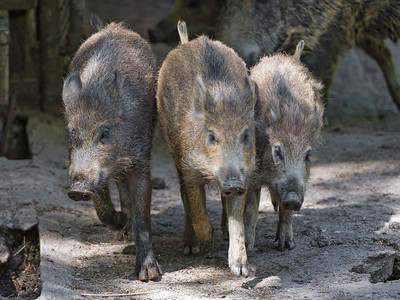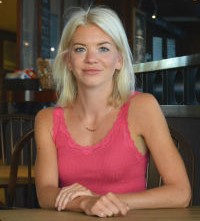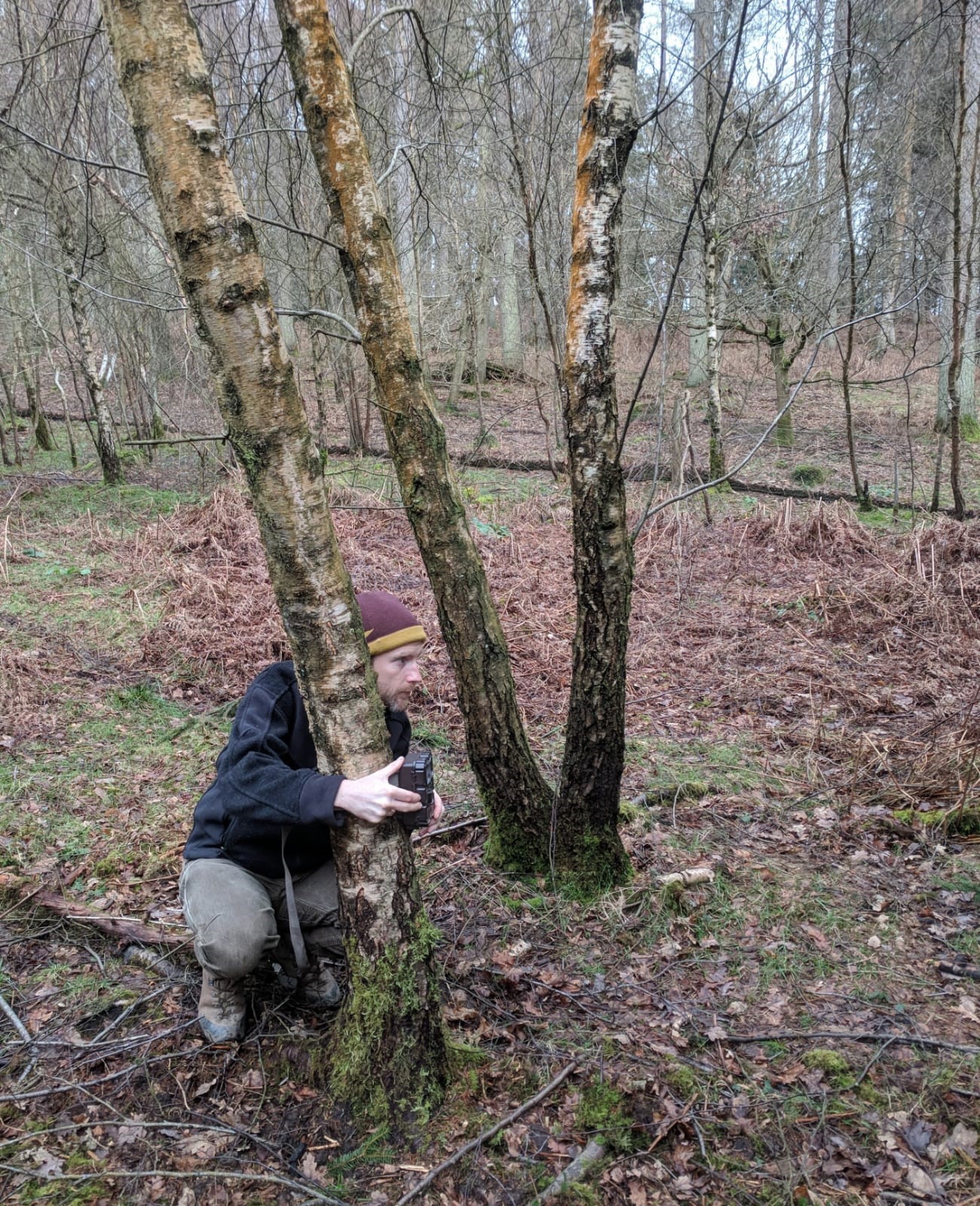Hunting, Haunting, and the Wayward Wild Boar
CEH Virtual Seminar with Erica von Essen (Norwegian Institute for Nature Research) and Kieran O'Mahony (Cardiff University)



The resurgence of wild boar has been a prominent topic of discussion around Europe for the past few years, with governments and local authorities scrambling to form a policy response. Alongside this, questions have arisen about how wild boar disturb and disrupt many communities’ ideas about, affective responses to, and activities within the landscapes they inhabit. This seminar will feature two presentations from scholars working closely with wild boar, followed by questions and discussion.
Erica von Essen – The War on Boars: How Wild Boar Hunting is Becoming a Battleground of Necropolitics
It is said that animals are good to ‘think with’. In this talk, we think with the wild boar. I use the wild boar and the war on boars as a heuristic for understanding current societal values and risk portfolios in relation to biosecurity. The war on boars does not merely passively reflect a state of affairs; it is also catalyzing changes in society. First, it is forging unanticipated alliances between interest groups, like animal rights activists and hunters opposing inhumane trapping directives for boars. Second, it is driving wedges between previous allies, like hunters and farmers, between whom the responsibility for boar management is contested. Third, it is changing the practices and livelihoods of people affected by wild boars.
In this talk, a bottom-up empirical approach is promoted for studying what I term ‘the war on boars’. This mean moving from the level of supranational and national directives on biodiversity to seeing how on-the-ground practices of adapting, implementing or resisting biosecurity measures are played out among hunters, cullers, and farmers. I indicate that insofar as the war on boars represents a necropolitical regime of killing to protect other forms of life, it shows a ruptured and contested regime subject. Indeed, there is some difficulty to reconciling biosecurity agendas with hunters and landowners’ traditional practices and knowledge of doing things in the countryside. I place culling of wild boars in a broader context of biosecuritization, including spatial, temporal and technological measures to protect the interest of native biota, agriculture, pork production and public health. The talk concludes by critically discussing the implications of what is quickly becoming a command-and-control, militarized model of wildlife management in times where laissez-faire rewilding approaches have been championed as the future for conservation.
Erica von Essen is a researcher with the Norwegian Institute for Nature Research. Her PhD is in Environmental Communication, having focused on illegal killings of wildlife as a crime of dissent. Von Essen has researched around the topic of animals that are in the wrong place at the wrong time, and what processes, ideas and values in society that make them out of place. She is widely published across rural sociology, environmental ethics and human-animal studies. Her research findings have taken her into high-impact policy environments including parliament. Von Essen currently studies how agendas of biosecuritization and biopolitics inform the management of species like wild boar.
Kieran O’Mahony – From sheepscapes to swinescapes: presences, absences and feral transitions in the Forest of Dean, England
Over recent decades, unofficial (re)introductions of wild boar have churned hegemonic framings of nonhuman belonging in the UK. This presentation focuses on the situation in the Forest of Dean, located on the English-Welsh border, where a flourishing population have significantly reconfigured more-than-human relations as they have snuffled, snouted and snorted through forest, agricultural and village space. As their material visibility has increased, so too has the diversity of lives, objects and technologies gathered together by their disruptive presence and mobilities: forest sheep, dogs, domestic pigs, bracken, viruses, bluebells, soils, digital cameras, thermal imaging sensors, and rifles. These all feed into an ongoing tension that not only draws out the controversial politics of culling, but also the ways this unexpected, feral transition evokes different imaginaries of the past, present and future. Key to this presentation, therefore, is to foreground how the affective capacities of both nonhuman presence and absence can alter cultural landscapes and the nature of place.
Kieran O’Mahony is an early career researcher at Cardiff University with a background in geography, sociology, and ecology. His work has focussed on human-animal relations in a variety of different situations, both in conservation practice and research. He completed his PhD entitled, “Feral Bo(a)rderlands: living with and governing wild boar in the Forest of Dean”, in early 2020. As well as continuing research into feral animals and landscapes, he is currently working on a project exploring anti-microbial usage in different farming systems. More specifically, he is looking at practices of care in relation to calf-rearing and marginal farming. His theoretical background draws from more-than-human geographies, multispecies anthropology, and STS.
This seminar is part of the Centre for Environmental Humanities’ autumn series, ‘Saving European Nature: Longing for Landscapes Past.’ To sign up to the virtual seminar, please email ceh@cas.au.dk at least a day before the event to receive an invitation containing the link to the call. Researchers, students and community members are all welcome. Events will be held in English.
